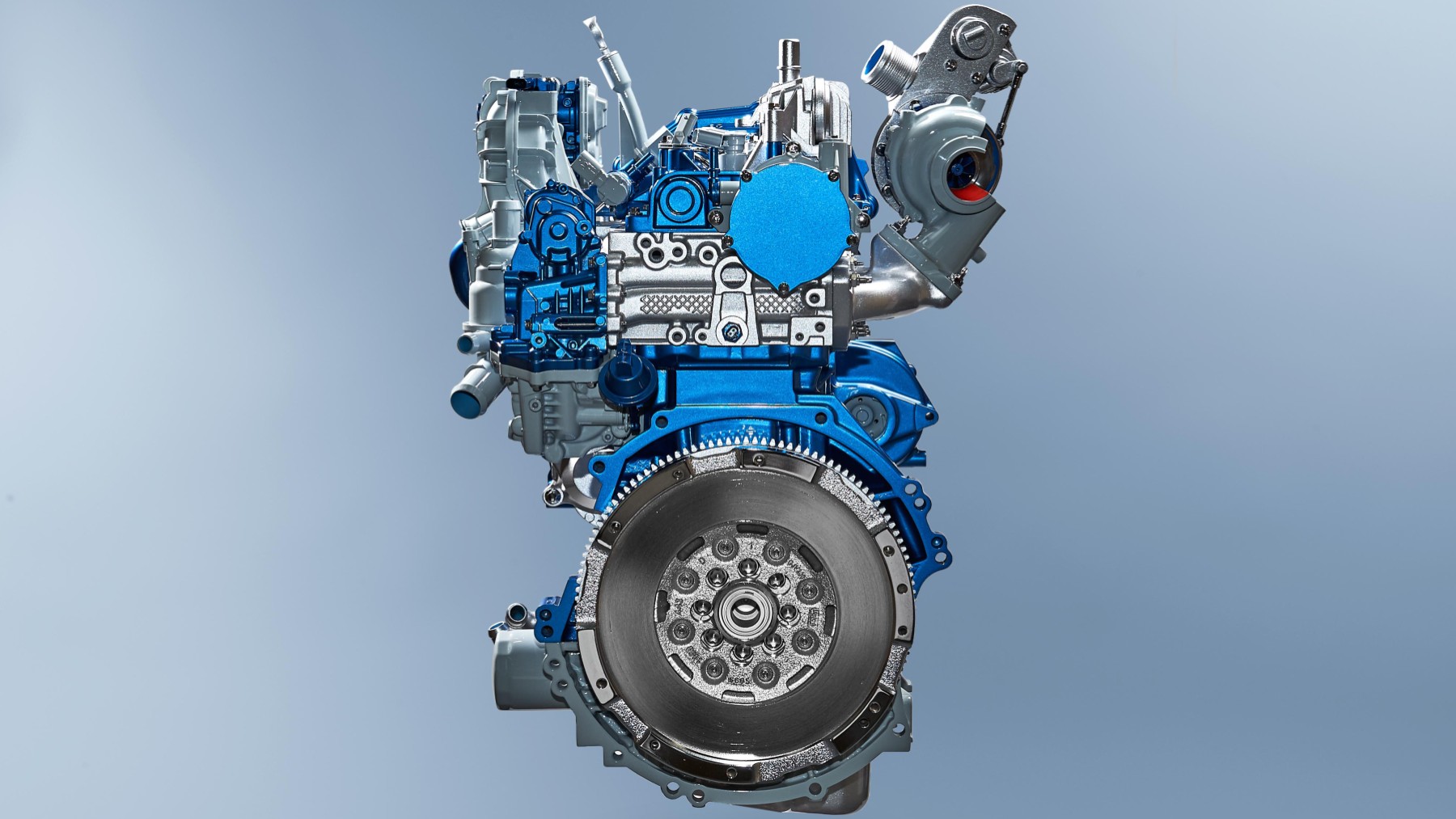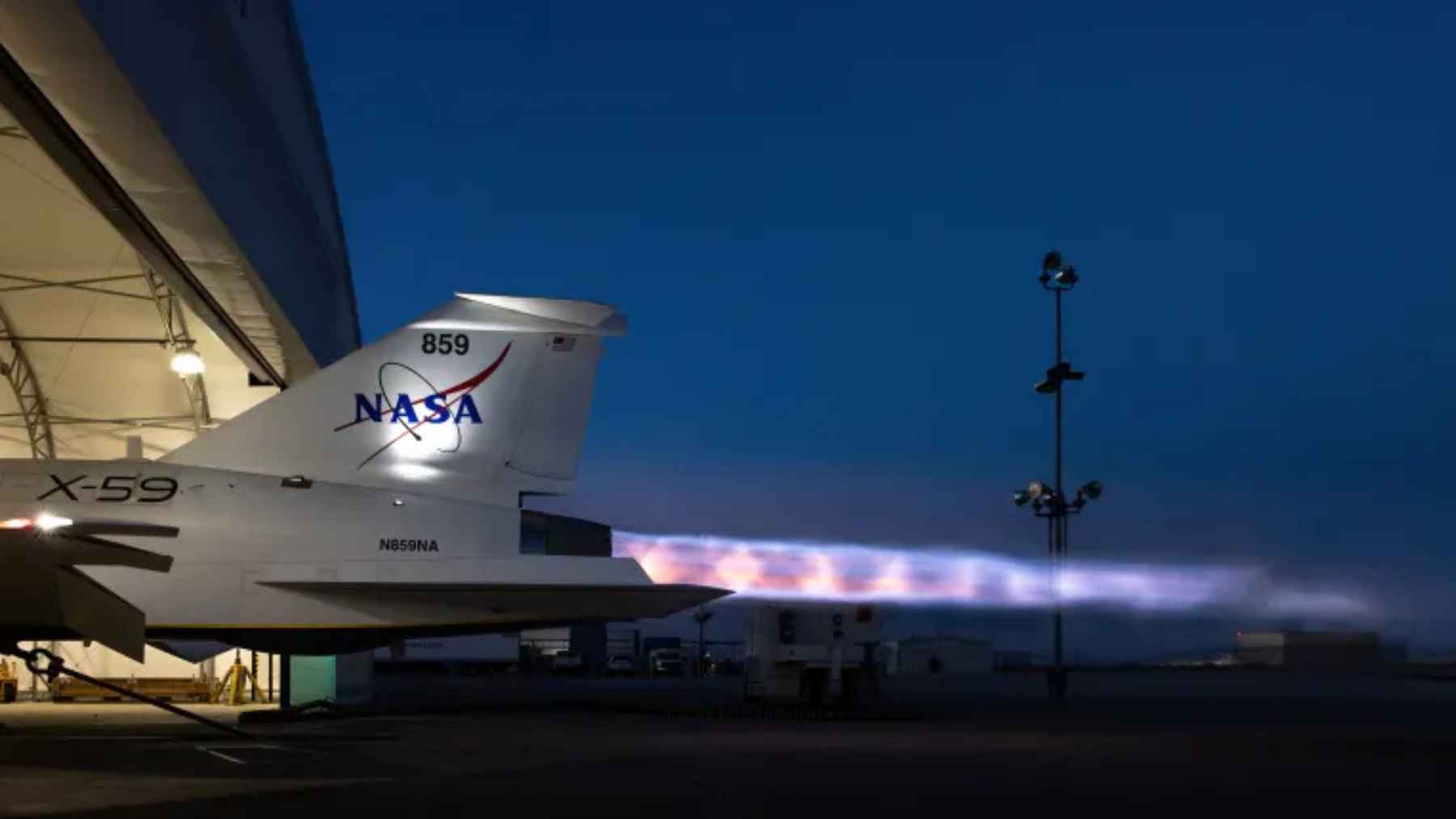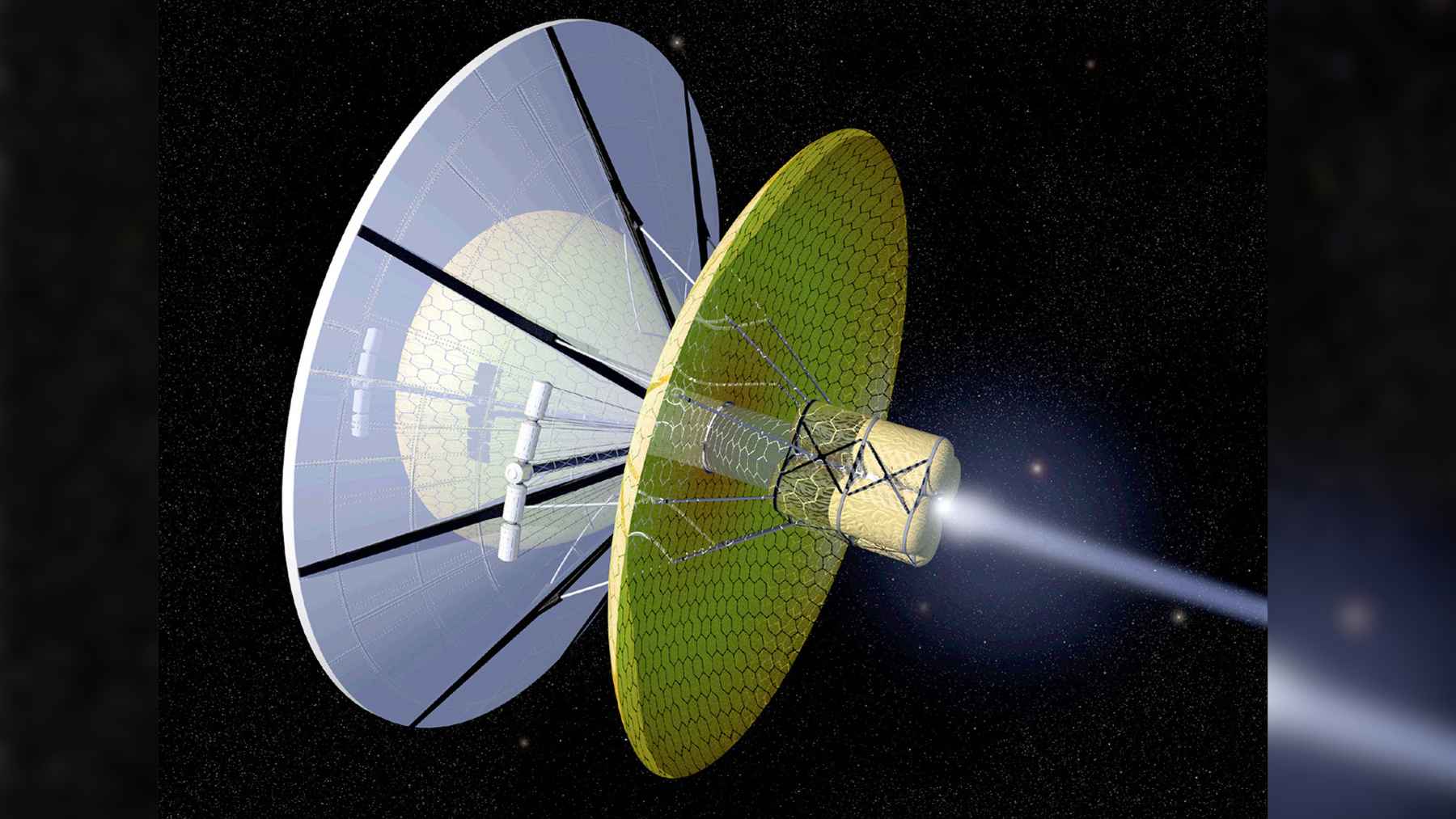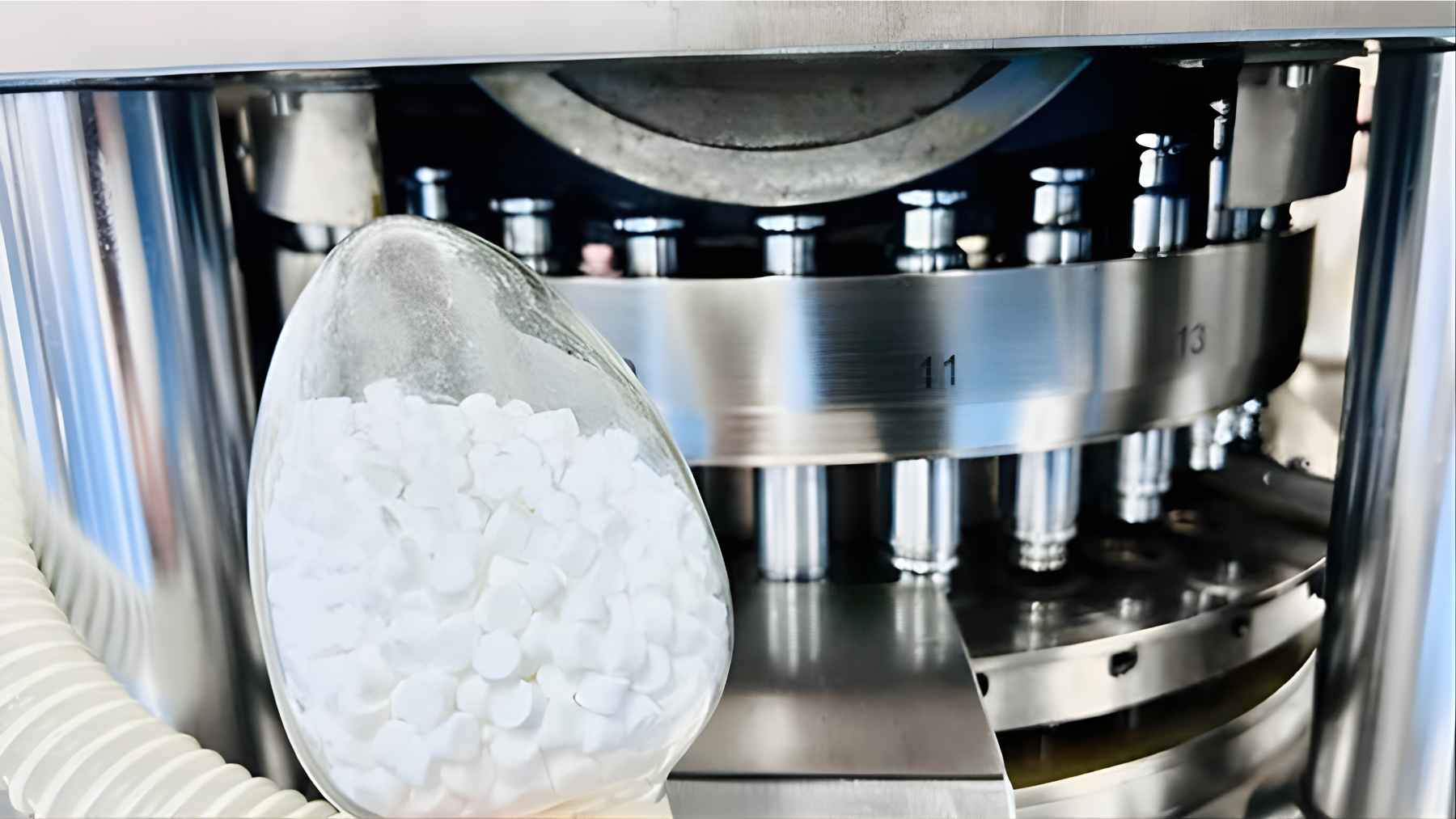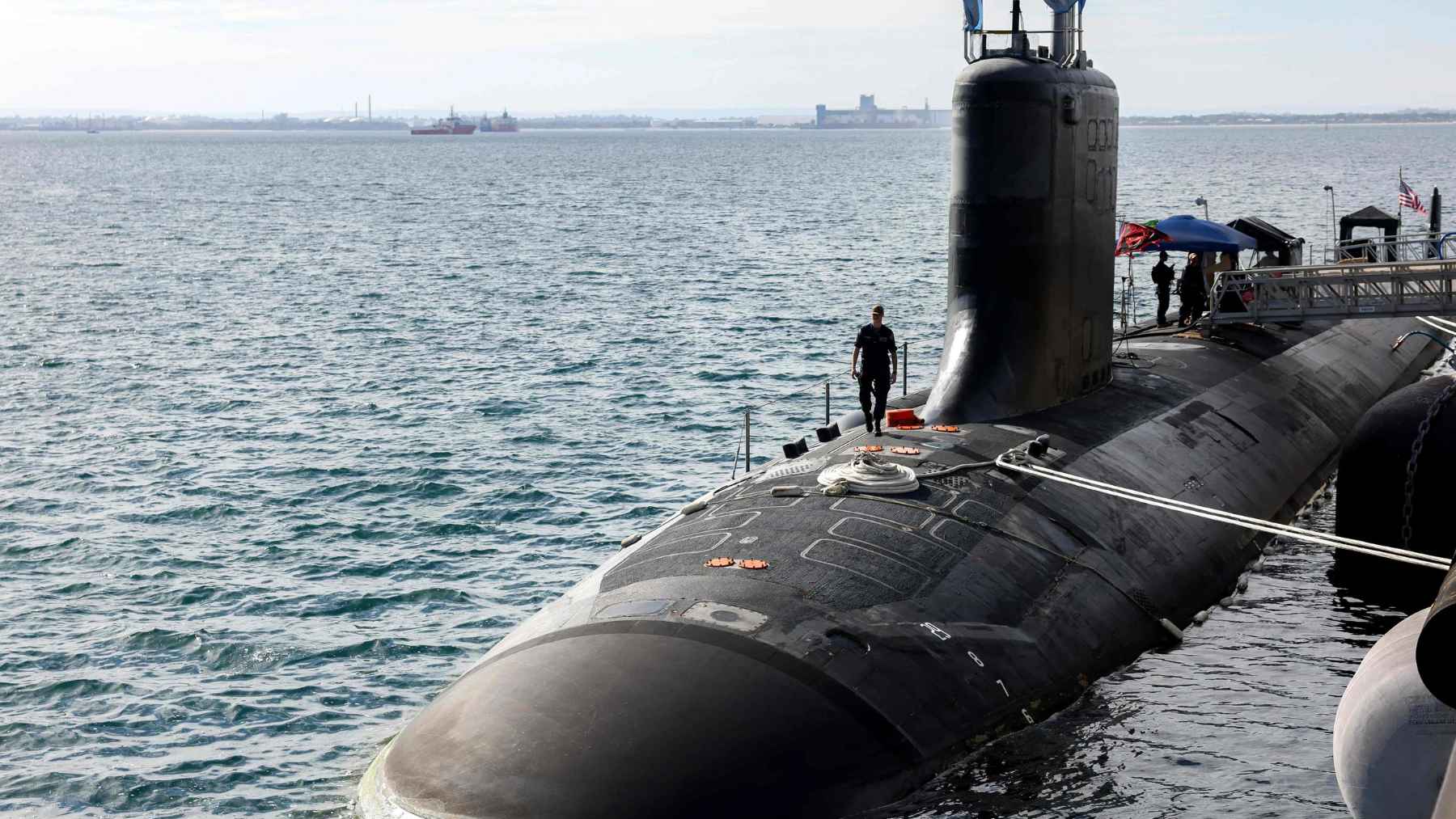Ford has long been at the forefront of automotive innovation. Continually exploring new technologies to meet the demands of a changing market, they have recently made significant strides in hydrogen engine development. In June of this year, they unveiled a prototype that many considered impossible just a few years ago. The H2-Ecotorq is a multi-cylinder hydrogen engine designed by Ford engineers themselves.
Ford makes waves in hydrogen engine developments
Ford has been focusing on ways to achieve carbon neutrality through sustainable fuel solutions. Like most automobile companies today, Ford is searching for innovative ways to achieve zero emission fuels without compromising on power or quality. While many automobile companies have focused their efforts on electric vehicles to achieve this, Ford joins the likes of Hyundai, Toyota, Honda, and recently Tesla to explore hydrogen as a viable alternative option.
By 2030, Ford is aiming to have 50% of their vehicle sales in Europe to be zero emission vehicles. By 2040, Ford aims to have achieved total zero emissions for their heavy-duty vehicles. In 2022, Ford released the F-150 Lightning, the first all-electric car for Ford. By the end of 2024, Ford plans to also release seven new electric vehicle models. The line-up will include two brand-new SUVs, an all-electric Puma and four electrified Transit vans.
Electric trucks and hydrogen fuel-cell vehicles fast on the way
In addition to their hydrogen engine developments, Ford also plans on designing electric trucks and hydrogen fuel-cell electric vehicles as part of their zero emissions goals. The hydrogen fuel-cell electric vehicle developments form part of the zero emissions flexible vehicle platforms with modular powertrains serving the long-haul freight eco system (ZEFS) project.
This project was launched in 2023 and forms part of Europe’s broader strategy to implement the Green Deal and 2Zero partnership. The objective of the project is for Europe to become the first carbon-neutral continent by 2025. The project is intended to run for three and a half years and specifically targets long-haul trucks and vehicles.
H2-Ecotorq is currently in testing for optimization
Currently, the H2-Ecotorq prototype is undergoing testing to ensure maximum efficiency and to make it an optimal alternative from diesel engines. Ford’s advancements in hydrogen technology could influence other manufacturers to accelerate their own research and development efforts. The competitive landscape of the automotive industry is rapidly changing, with many companies racing to find sustainable solutions.
Ford’s success with hydrogen engines could set a precedent and inspire a shift toward broader acceptance of hydrogen fuel cells across various vehicle types. Already, Toyota has been spearheading the hydrogen-engine developments and has already implemented models on the road with the alternative fuel source. While some companies are continuing to advance electric vehicles is it critical that other fuel options are advanced.
Despite hydrogen engines being at an advantage with the traditional combustion engine being able to be adapted for hydrogen fuel use, the production and distribution of hydrogen-fueled cars still face hurdles, including high costs and the current lack of infrastructure. Ford’s ongoing research into hydrogen engines along with other automobile manufactures may address these issues, but widespread adoption will require coordinated efforts from multiple stakeholders, including governments, manufacturers, and energy providers.
Hydrogen is fast on its way to becoming mainstream in the road. Ford’s development of a hydrogen engine prototype marks a significant milestone in the pursuit of sustainable transportation solutions. As the automotive industry grapples with the need for cleaner energy sources, Ford becomes another industry leader looking to hydrogen solutions to expand alternative energy options. With Ford’s focus on heavy-duty transport specifically, this could be a niche angle that may be highly successful for the American company.
